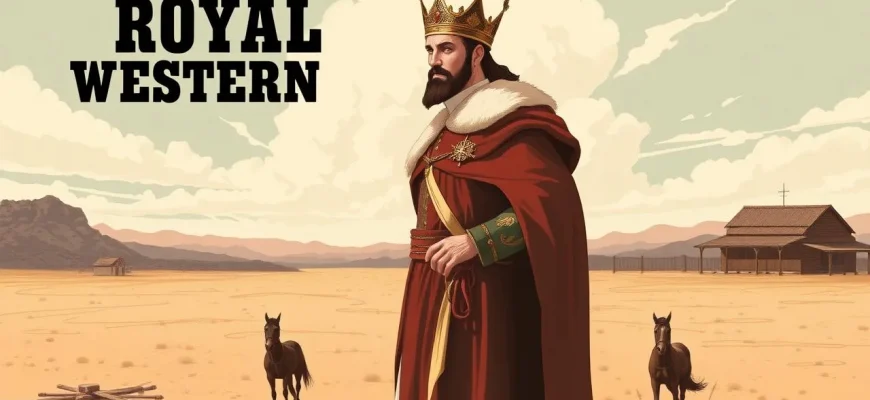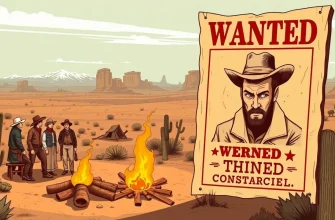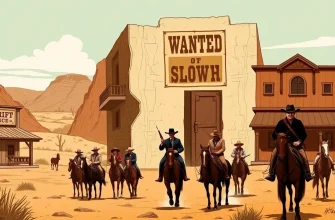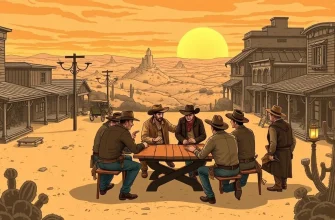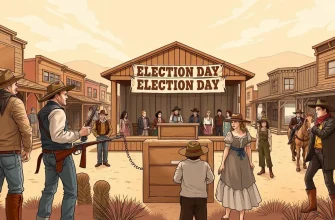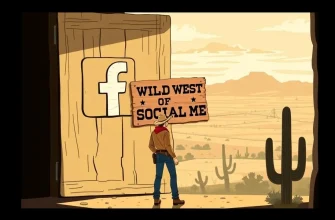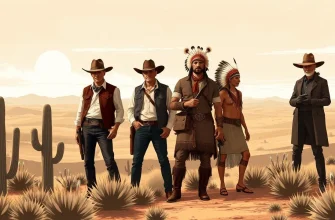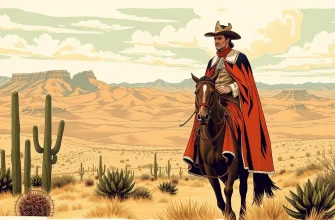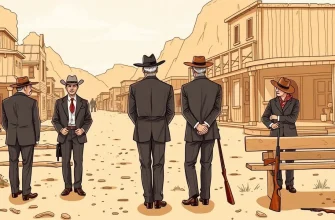The combination of the rugged, lawless landscapes of the Wild West with the opulence and tradition of royalty might seem an unlikely pairing, but these films prove otherwise. This curated selection of Western films featuring elements of royalty offers a fascinating exploration of power, duty, and the clash of cultures. Whether through historical figures, fictional monarchs, or allegorical representations, these movies provide a unique cinematic experience, blending the grit of the frontier with the grandeur of the throne.
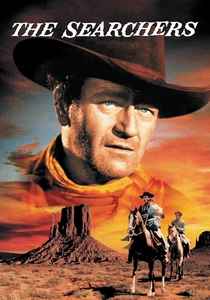
The Searchers (1956)
Description: While not about royalty, the film's exploration of the search for identity and belonging in the vast, untamed West resonates with themes of heritage and legacy, akin to royal lineage.
Fact: The film is often cited for its complex portrayal of race relations and its influence on the Western genre.
 Watch Now
Watch Now
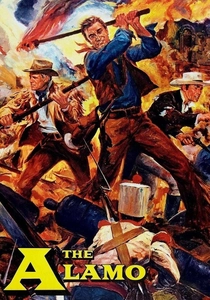
The Alamo (1960)
Description: This epic film tells the story of the Battle of the Alamo, where Texan defenders, led by figures like Davy Crockett, fight for their independence, embodying the spirit of resistance against tyranny, akin to a royal struggle for power.
Fact: John Wayne not only starred but also directed and co-produced the film, making it a passion project for him.
 Watch Now
Watch Now
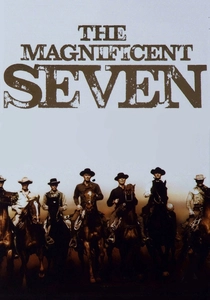
The Magnificent Seven (1960)
Description: A group of gunfighters, akin to knights, are hired to protect a village from bandits, showcasing themes of leadership, protection, and the establishment of order.
Fact: The film was inspired by Akira Kurosawa's "Seven Samurai," adapting the concept to a Western setting.
 Watch Now
Watch Now

The Man Who Shot Liberty Valance (1962)
Description: While not directly about royalty, this film explores themes of law, order, and the transition from the wild frontier to a more civilized society, akin to the establishment of royal governance.
Fact: The film is often cited as one of John Ford's best Westerns, and it was one of the last he directed.
 Watch Now
Watch Now
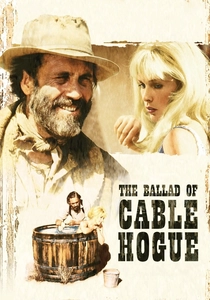
The Ballad of Cable Hogue (1970)
Description: This film features a man who becomes a kind of 'king' of a waterhole in the desert, symbolizing the power dynamics and the establishment of order in the West.
Fact: Sam Peckinpah, known for his gritty Westerns, directed this film, which has a more comedic and lighter tone than his usual work.
 Watch Now
Watch Now
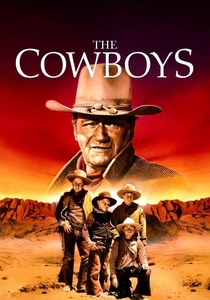
The Cowboys (1972)
Description: John Wayne plays a rancher who must train a group of boys to drive his cattle, reflecting themes of mentorship, duty, and the passing of the torch, much like a king grooming his successor.
Fact: This was one of the last films John Wayne made before his death.
 Watch Now
Watch Now

The Outlaw Josey Wales (1976)
Description: Josey Wales, a man seeking justice, becomes a leader of a band of outcasts, mirroring the role of a monarch in a lawless land, establishing his own form of justice and order.
Fact: Clint Eastwood both starred in and directed this film, which became one of his signature roles.
 Watch Now
Watch Now
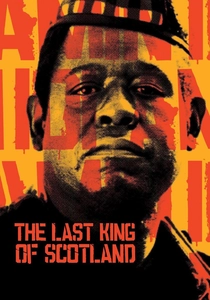
The Last King of Scotland (2006)
Description: Although not a traditional Western, this film's portrayal of Idi Amin's Uganda has a Western-like atmosphere with its portrayal of a ruler's unchecked power and the foreign doctor's journey through a wild, untamed land.
Fact: Forest Whitaker won an Academy Award for Best Actor for his role as Idi Amin.
 Watch Now
Watch Now
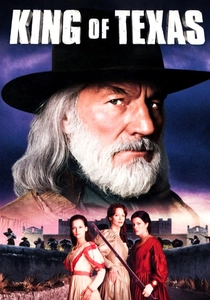
The King of Texas (2002)
Description: This film reimagines Shakespeare's "King Lear" set in the 1840s Texas, where a cattle baron divides his empire among his daughters, leading to familial strife and power struggles, echoing the themes of royal succession.
Fact: The film was originally a made-for-TV movie, and it was shot entirely in Texas to capture the authentic Western feel.
 Watch Now
Watch Now
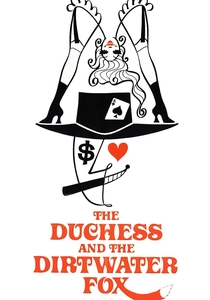
The Duchess and the Dirtwater Fox (1976)
Description: A comedic Western where a British aristocrat, played by Goldie Hawn, flees to the American West, encountering a charming rogue. It explores themes of class and royalty in a new, wild setting.
Fact: The film was one of the first to feature a British actress in a leading role in a Western setting.
 30 Days Free
30 Days Free

